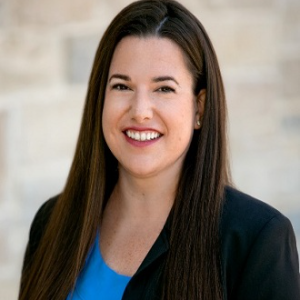Title : Grow your own APRNs and keep them forever; Success in Colorado
Abstract:
Rural youth are twice as likely to commit suicide in Colorado. Nine of the ten counties with the highest overdose rates are rural. 51% of all rural counties do not have an addiction counselor. Colorado ranks 17th for adults with mental illness who did not receive treatment. The suicide rates are among the highest in the nation. 73% of Colorado is rural, and there is a critical shortage of mental health providers.
Building on several years of a successful “Grow Your Own APRN” (GYO) recruitment and retention strategies, this program was developed with grant funding to support current nurse practitioners to return to school and obtain a post-graduate psychiatric nurse practitioner certificate in rural provider shortage areas. The purpose is to create access to behavioral health care in rural Colorado communities lacking in psych mental health providers.
The design methods are based on a GYO APRN model that the Colorado Center for Nursing Excellence has tested since 2015 and measured using the Nursing Community APGAR Questionnaire. Findings from the original four APRN grants indicate that nurse practitioners in rural areas are finding that up to 50% of their patient panels have acute and/or chronic health conditions that are exacerbated by undiagnosed psychiatric conditions. These NPs began asking for a path to return to school to obtain a PMHNP post-graduate certificate so they could treat their patients for both physical and behavioral health diagnoses in the communities they are rooted in.
This three-year grant to recruit 39 rural NPs to return to school filled up in 16 months and more spots were added for a total of 47 NPs. Those NPs have either begun school or are currently applying. All will complete online education programs to become PMHNPs and will modify their current business models to allow the APRNs to provide full integrated care to their patients. Initial conclusions are that NPs can and will take the opportunity to add a psych mental health specialty to their communities, creating access to behavioral health care by APRNs in areas that previously had no behavioral health provider.



